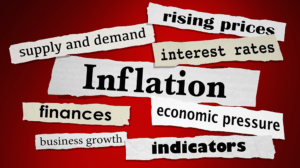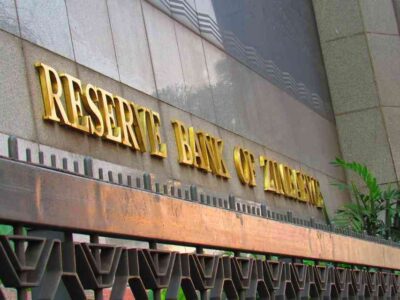Zimbabwe’s formal business sector is struggling under severe economic strain, with industry leaders warning that policy inconsistencies, regulatory chaos, and macroeconomic instability are pushing companies to the brink.

Most firms are now operating in survival mode, cutting jobs, downsizing operations, and abandoning expansion plans as the business environment becomes increasingly hostile. The Zimbabwe National Chamber of Commerce (ZNCC) has called for sweeping reforms to restore investor confidence and prevent further economic collapse.
One of the biggest hurdles for businesses is Zimbabwe’s complex and costly regulatory framework. Companies must navigate a maze of licenses, permits, and levies from overlapping authorities, many of which duplicate or contradict each other. This bureaucratic bloat drives up costs, discourages investment, and stifles formalisation, particularly for small and medium enterprises (MSMEs).
By Gamuchirai Mapako
ZNCC President Tapiwa Karoro urged the government to liberalize financial and commodity markets to enable sustainable pricing and efficient resource allocation.
CFI Holdings reported liquidity shortages and a surge in informal trading as key challenges. “The first half of the year witnessed tightened liquidity conditions and high operating costs, notably human capital and power costs,” CFI Holdings chairperson Itai Pasi noted.
“This, coupled with the pronounced in-formalisation of the retail sector, negatively impacted the performance of the formal retail sector, with several leading retailers scaling down operations.”
Ariston Holdings also cited rising input costs for electricity, fertilizers, and chemicals pushing those in the agricultural sectors on the brink. The company has turned to solar power to cut costs but remains pressured by soaring electricity tariffs.
British American Tobacco Zimbabwe (BAT) posted a USD$7.1 million loss in 2024, down from a USD$9.1 million profit in 2023, blaming currency volatility and hyperinflation accounting adjustments. BAT Chairperson Lovemore Manatsa described 2024 as “one of the most difficult operating periods in recent history,” citing currency shocks and policy uncertainty.
Zimbabwe’s economic recovery requires coordinated efforts between the government and private sector.
Karoro also highlighted infrastructure development, energy security, and digital transformation as critical priorities. Additionally, he urged Zimbabwe to leverage regional opportunities under the African Continental Free Trade Area (AfCFTA) to expand exports and diversify the economy.
Restoring investor confidence hinges on strong institutions, rule of law, and anti-corruption measures and that can be done way with by encouraging transparency, protection of property rights, and efficient use of public resources to rebuild credibility,” he said.
With manufacturing capacity below 60% and labour productivity lagging behind regional peers, investments in skills development, industrial retooling, and technology adoption is highly needed and formalising the informal sector through incentives and capacity-building programs.
Business leaders warn that without urgent reforms, Zimbabwe risks deeper economic deterioration. The question now is whether the government will act decisively to stabilize the economy or allow the crisis to escalate further.













Comments